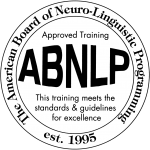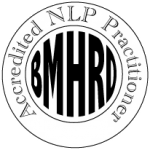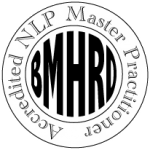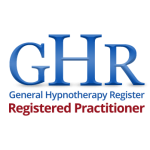Unfortunately it seems it has become a fashionable label for people that like things a ‘certain’ way.
This is a far cry from the daily torture people with OCD do experience.
OCPD
What these people are likely to have is actually OCPD – Obsessive Compulsive Personality Disorder which is a vastly different experience from that of a OCD sufferer. Although both conditions can appear to have similar symptoms and sufferers are usually highly intelligent.
An OCPD sufferer will have a need for perfection, rules, order and control in their lives and those around them. They will have difficulty in delegating or being flexible, their way is the ‘right’ way to do things. They may be completely oblivious to the fact that their ‘right’ way can be a problem to others or themselves.
OCD is an Anxiety disorder,
where the sufferer has unwanted thoughts, images, urges or feelings that are intrusive in their every day life. Someone with OCD will be compelled to perform certain rituals/behaviours in an attempt to keep them ‘safe’…..momentarily.
At times of stress, obsessions and compulsions become heightened.
It’s like you have two brains – a rational brain and an irrational brain. And they’re constantly fighting.
Emilie Ford
Unlike an OCPD sufferer, they often know that their unwanted thoughts are senseless and unhelpful, but they are powerless to stop. This loop can be time consuming and exhausting to the sufferer, impacting on the quality of their life and those closest to them.
An OCD sufferer will generally be placed in one of the following categories:
- Hoarding – buying, collecting or saving items for ‘just in case’, emotional attachment or fear of harm or contamination of someone.
- Checking (physical/mental) – Irrational fear of fire, burglary, harm, leaks, etc. Objects are checked as the compulsion in response to the fear. Checking can also be internal, where sufferer checks memory, re- reading something, seek reassurance or check symptoms for illness. This can be done hundreds of times and can have a major impact on someone life.
- Contamination – Fear something is contaminated. Compulsion is cleaning, washing, avoidance of hospitals, crowds, touch. These rituals can be carried out until sufferer feels that is OK,
- Rumination – Intrusive Thoughts – Unwanted obsessive thoughts that dwell longer than they should. These can be repetitive and often of a theme or question. Sufferer is looking for solid reassurance, going over different scenarios repetitively.
Intrusive thoughts are ideas, images or thoughts, that the sufferer experiences involuntarily, that are upsetting or distressing. They could be of death, harmful, religious or sexual nature.
OCD can affect anyone at any time.
How Hypnotherapy can help with OCD
- It can bring about change to thinking patterns on a deeper level as it works with the unconscious part of the brain.
- OCD is at its worst at times of stress, so it can help to reduce Stress and Anxiety for the individual so that they may experience relaxation on a deeper level.
- Hypnotherapy can help the client to identify and address the root cause of their anxiety.
“Although the world is full of suffering, it is also full of the overcoming of it.”
Helen Keller










